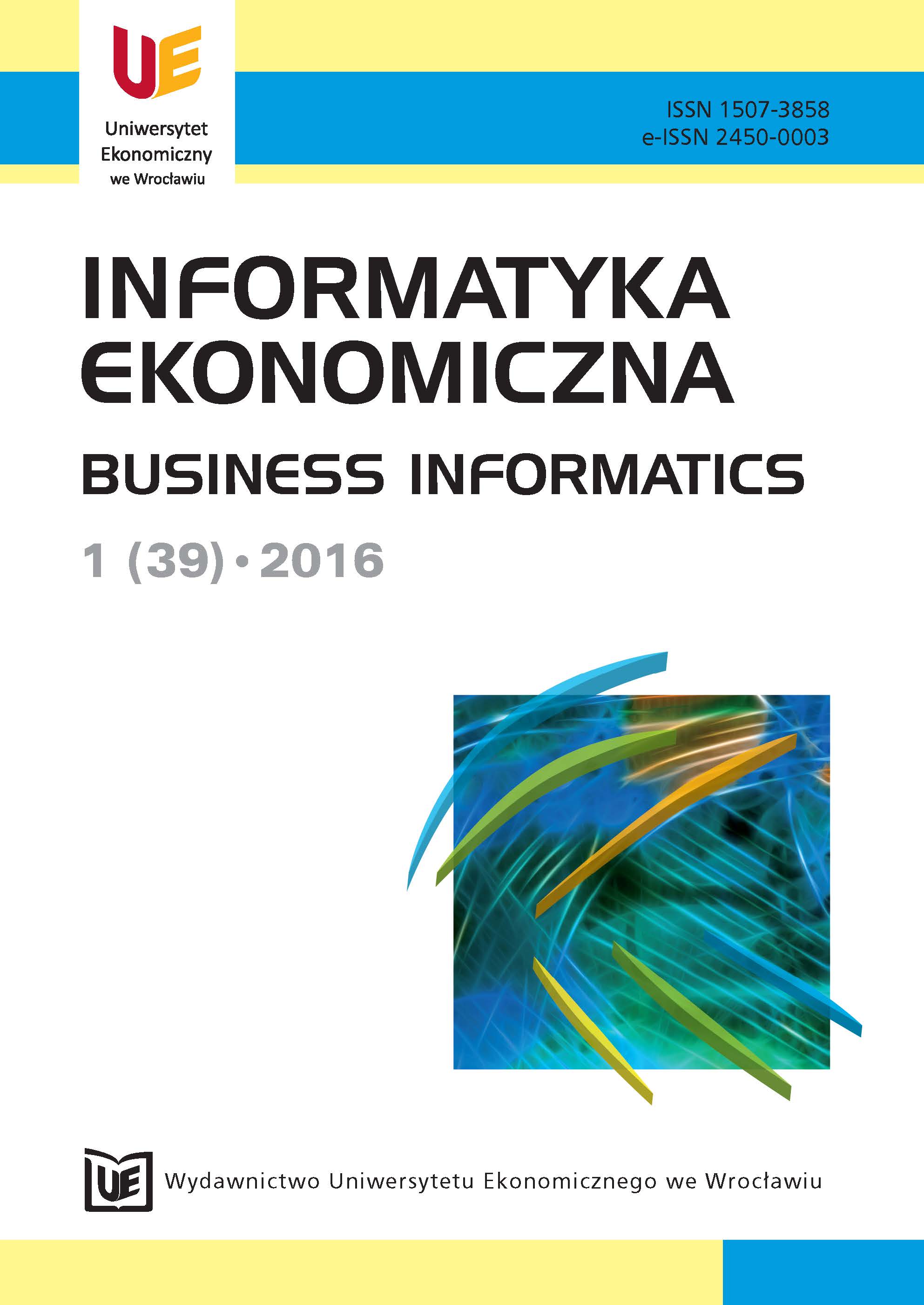Why do users choose Open Source software? Analysis of the network effect
Why do users choose Open Source software? Analysis of the network effect
Author(s): Dorota CelińskaSubject(s): Economy
Published by: Wydawnictwo Uniwersytetu Ekonomicznego we Wrocławiu
Keywords: Open Source; software; end user; network effect; multivariate probit; lock-in effect
Summary/Abstract: This article analyses the phenomenon of using the Open Source software. The aim is to investigate and verify the existence of a positive direct network effect that characterizes usage of the Open Source software. The multivariate probit model is applied to extract factors motivating end users to the usage of the Open Source software. Special attention is paid to the demographic characteristics of the end users, as well as to the impact of the end users’ peers, such as family, work and school, on using the Open Source software. The results confirm the research assumptions. It is found that the actual choice of various Open Source software groups is correlated and thus cannot be analyzed separately. This supports the hypothesis about the existence of the network effect derived from the complementary services and dependencies among applications. The obtained results are representative for the Polish population aged 13-54.
Journal: Informatyka Ekonomiczna
- Issue Year: 39/2016
- Issue No: 1
- Page Range: 9-22
- Page Count: 14
- Language: English

